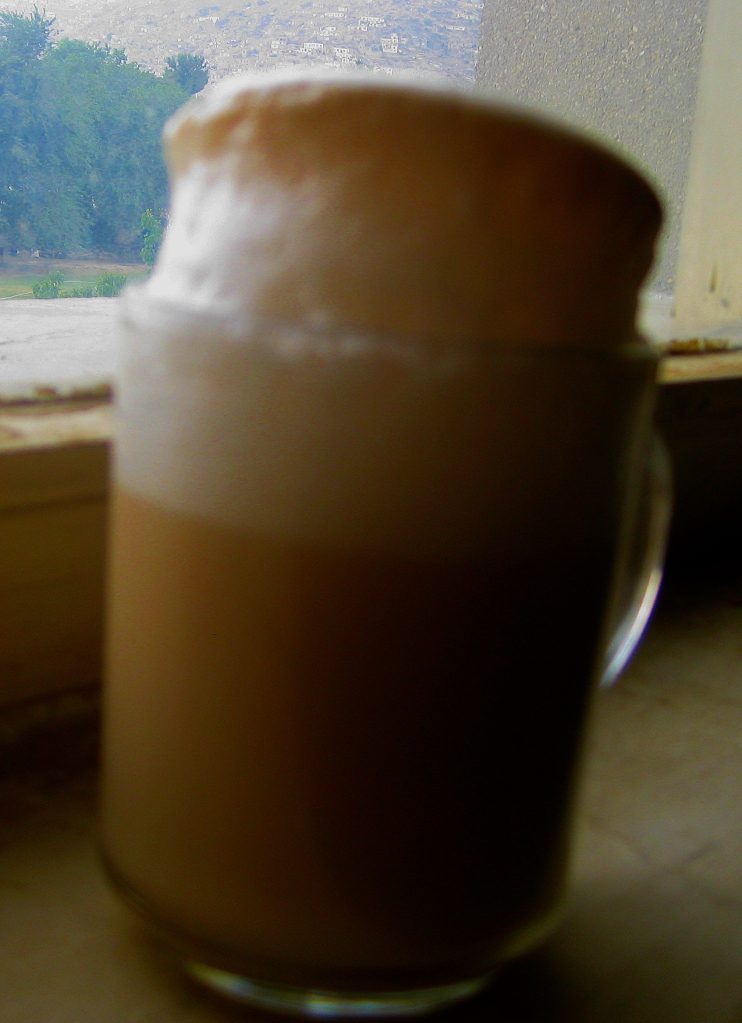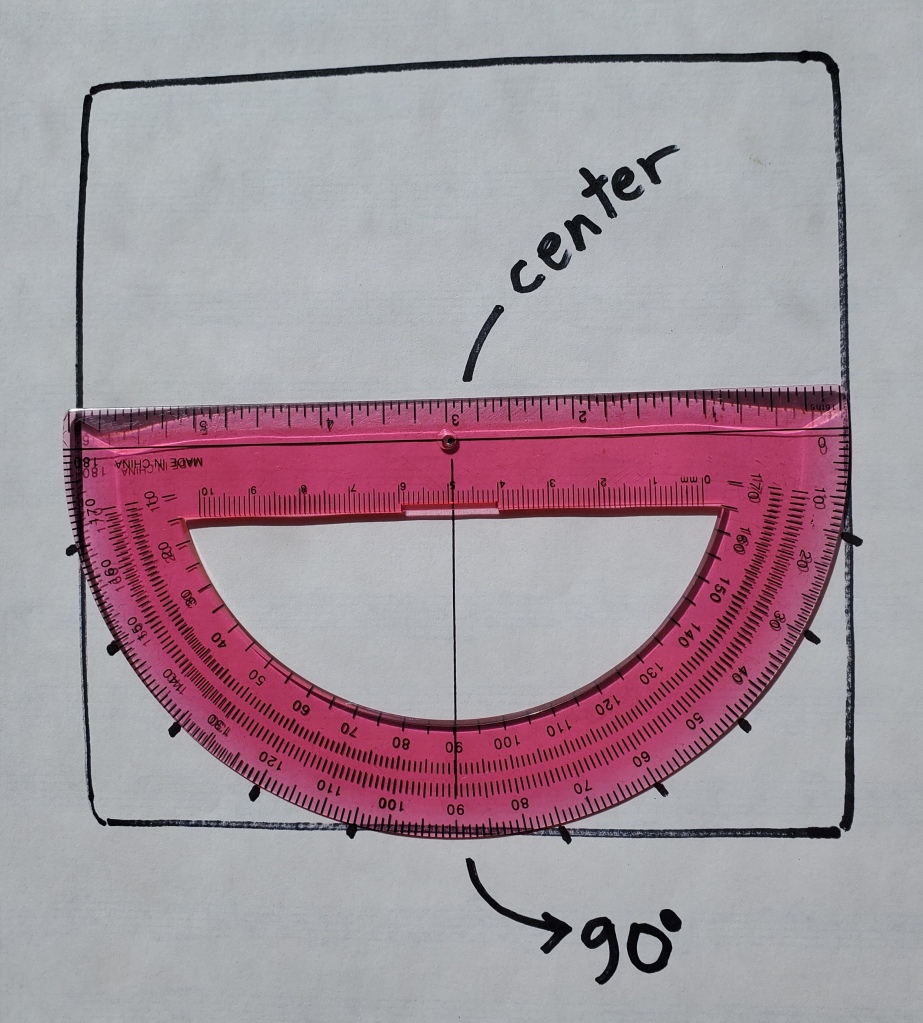Two friends of mine were rushed to the hospital after suffering mental confusion and a general feeling of being “shut down.” One of them said she was certain she was on the verge of death. The other said she was so weak, she couldn’t function. Both women were diagnosed with sodium deficiency.
What is sodium deficiency?
There is not enough sodium in your bloodstream. Sodium comes mainly from salt (sodium chloride) but can come from other sources, too. (Baking soda contains sodium in the form of sodium hydrogen carbonate.) Every cell in your body contains sodium. There must be a correct balance between the sodium in your bloodstream and in your cells. Your body naturally corrects the balance in most situations. But if the sodium levels in your bloodstream are very low, compared to that in your cells, your cells will swell.
A common cause of sodium deficiency in humans…
…is from drinking too much water. It would be very unlikely that eating less salt would cause a sodium deficiency. Instead, drinking too much water lowers the percentage of salt in your blood. Athletes such as runners need to drink lots of water to replace that lost by sweating. But they don’t drink plain water; they drink liquids such as Gatorade that contain sodium and other minerals. Thus, they are getting water without diluting the salts in their bloodstream.
Death from drinking too much water! The following news article, from the Associated Press, details how a woman died from “water intoxication” after taking part in a contest to see who could drink the most water without urinating. Note that one of her symptoms was a massive headache (brain cells swelling)
Jan. 13, 2007, 7:10 PM PST / Source: The Associated Press
A woman who competed in a radio station’s contest to see how much water she could drink without going to the bathroom died of water intoxication, the coroner’s office said Saturday.
Jennifer Strange, 28, was found dead Friday in her suburban Rancho Cordova home hours after taking part in the “Hold Your Wee for a Wii” contest in which KDND 107.9 promised a Nintendo Wii video game system for the winner.
“She said to one of our supervisors that she was on her way home and her head was hurting her real bad,” said Laura Rios, one of Strange’s co-workers at Radiological Associates of Sacramento. “She was crying and that was the last that anyone had heard from her.”
It was not immediately know how much water Strange consumed.
A preliminary investigation found evidence “consistent with a water intoxication death,” said assistant Coroner Ed Smith.
Water follows sodium, is a basic rule. If there is too little sodium in your blood, there will be more inside your cells. Water will flow into the cells (water following sodium) and they will swell. If this happens in the brain, cognitive problems may occur. If heart cells swell, your heart might stop.
Water can pass through your cell membranes through osmosis. That is, liquids passing through a semipermeable membrane to equalize concentrations.
Activity 1: Observe how cells swell with a sodium imbalance
- Put a raw egg in a glass of vinegar to cover, and allow to stand overnight or until the shell has dissolved. Gently rub off any remaining shell. The cell membrane will remain, which is porous and allows osmosis to occur. Observe the size of the egg either visually, or by weighing it. You might want to photograph the egg next to another object for comparison
- Put the membranous egg into a glass of tap or distilled water, to cover. Allow to sit overnight or longer. Then compare the size of the egg to the original egg. It will have swollen to a larger size.
- Why is the egg larger? There was more sodium inside the egg membrane than in the surrounding water. Water follows salt, so water moved into the egg.
Activity 2: Observe water following sodium – reversal of above experiment
Peel and slice a potato. Try to keep the slices equal in width. Fill two glasses with water. In one glass, add 2 – 3 tablespoons of salt and stir to dissolve. Put one slice in regular water, and the other in salt water. The potato slices contain water and represent your cells. The fresh and salt water represents your bloodstream.
Observe after several hours, and again after 24 hours. What has happened to the slices? Can you explain?
Expected results and explanation:
The slice in the salty water should be flexible and may appear shriveled. The slice in the regular water should be firm. The water in the potato followed the salt…and flowed out of the potato into the salt water. Those potato slices then became floppy. The slices in the plain water remain stiff. They don’t lose water to the container, and may even have absorbed a little.
Why is it so dangerous for your cells to swell?
In your brain, that can cause mental disfunction. One of my friends suffered memory loss and anger outbursts. Doctors related both of these to her sodium deficiency.
In your heart, the electric pulses that cause your heart to beat can be disrupted. Swollen heart cells are not able to carry electricity efficiently.
Cells throughout your body are affected, causing liver and kidney problems as well as a host of other life-threatening issues, if your sodium isn’t brought into balance.
How does sodium deficiency occur?
In most situations, your body will take care of balancing your salt, in a process called homeostasis. Doctors believe one of my friends was drinking far too much water throughout the day (10 – 12 glasses); doctors were unable to find the cause in my other friend but were able to correct her condition with electrolyte fluids and observation.
































